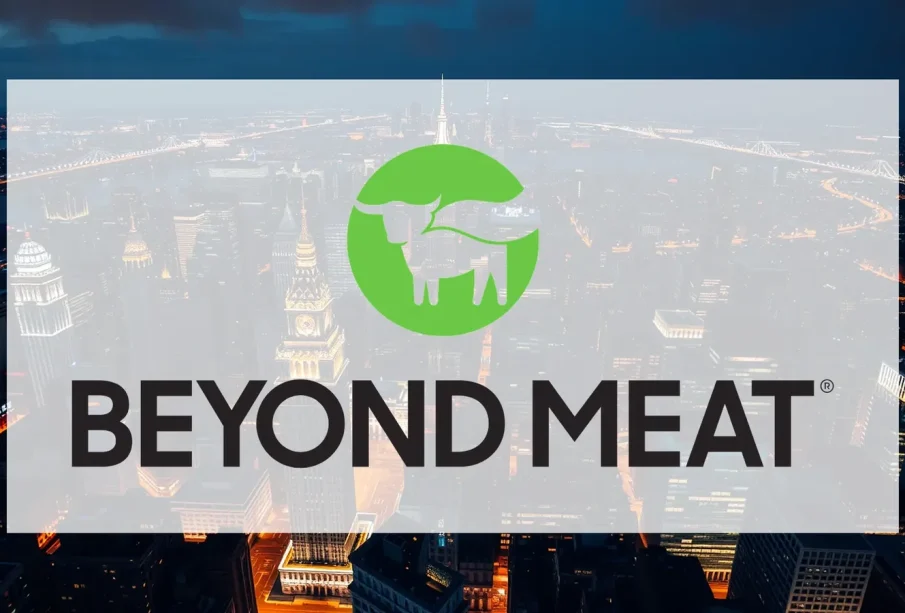Beyond Meat: Innovating Plant-Based Eating

Introduction
Beyond Meat, a leading company in the plant-based protein sector, has garnered significant attention as consumers increasingly seek sustainable and healthier food options. Established in 2009, Beyond Meat has revolutionised the landscape of meat alternatives, catering to both vegans and flexitarians. With the rise of plant-based diets, understanding the impact of Beyond Meat is essential for grasping the future of food production and consumption.
Recent Developments
In the last few months, Beyond Meat has reported notable developments including a surge in retail partnerships and expanded product lines. As of September 2023, the company announced collaborations with major fast-food chains worldwide, introducing their plant-based sausages and beef products to millions. This strategic move comes during a period when environmental concerns and health consciousness are influencing buying decisions.
Beyond Meat recently launched its latest product, the ‘Beyond Chicken Tenders’, made from pea protein and designed to mimic the taste and texture of traditional chicken. This new offering has been well received in test markets across the United States, indicating strong consumer appetite for innovative vegan options.
Market Performance
Despite facing competition from multiple startups and traditional meat companies venturing into plant-based alternatives, Beyond Meat has maintained a strong presence in the market. Data from recent reports indicate that the global plant-based meat market is expected to exceed $35 billion by 2027, suggesting vast growth potential and a shifting consumer landscape.
Financially, Beyond Meat’s stock has seen volatility this year, but analysts remain optimistic about its long-term growth. The commitment to sustainable practices and nutrition-focused products positions it favourably amidst rising healthy eating trends.
Challenges and Criticism
However, Beyond Meat is not without its challenges. Critics point to concerns about nutrition, with some arguing that highly processed vegan products may not always be healthier options than their meat counterparts. Furthermore, the soaring prices of plant-based products could deter consumers in a tightening economy.
Conclusion
As the demand for sustainable food options grows, Beyond Meat has established itself as a key player in the evolution of the food industry. The company’s innovations reflect a shift toward a more environmentally conscious consumer base. Looking ahead, Beyond Meat’s ability to adapt to market trends, address nutritional concerns, and navigate economic challenges will be crucial for its sustained growth and influence in the competitive landscape of plant-based eating.









